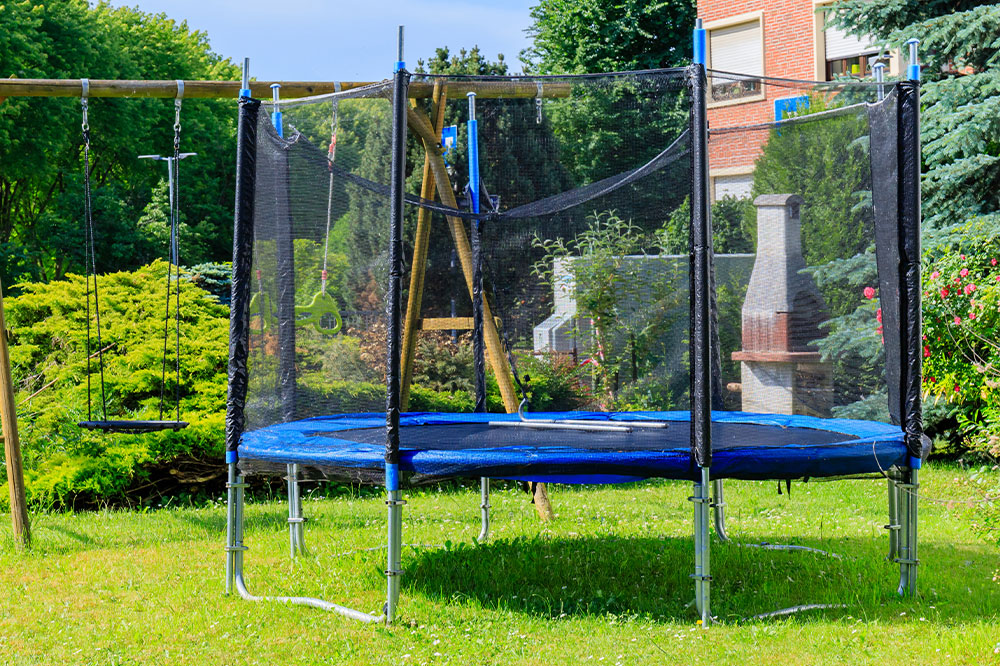Hearing loss – All you need to know

Hearing loss gradually occurs as the body ages, making it common among seniors, but it can affect people of all ages due to a birth defect or damage to the ear due to an injury. Almost one-third of America’s population between the ages of 65 and 75 years suffer from some level of hearing loss. Depending on the part of the ear that’s affected, hearing loss can be divided into three types:
- Conductive : Hearing loss involving the outer or the middle part of the ear
- Sensorineural : This type of hearing loss involves the inner part of the ear
- Mixed : This is a combination of the other two types of hearing loss
Stages
Various levels of hearing loss have been identified by audiologists:
- Mild hearing loss
People with mild hearing loss can hear sounds ranging between 25 and 40 decibels, so sounds like the ticking of a clock or a faucet dripping will be inaudible. Keeping up with a conversation that they have with one person might not be much of a challenge for people with mild hearing loss. - Moderate hearing loss
At this stage, people with hearing loss might not be able to hear sounds below 41 to 55 decibels. Moderate hearing loss patients can face difficulty keeping up with conversations, and the ringing of a phone or a doorbell might not be audible to people with hearing loss at this stage. - Severe hearing loss
People with severe hearing loss might not be able to hear any conversation without the help of a hearing aid. Also, hearing aids can be helpful to some extent in such cases, but they might not be foolproof. - Profound hearing loss
This is the most severe stage of hearing loss that makes it difficult for a person to hear sounds below 90 decibels. In fact, using a hearing aid might also not prove very effective at this stage.
Diagnosis
Several tests are undertaken to diagnose the issues one might be facing with their hearing abilities:
- Physical examination : A doctor will examine a person’s ear for any earwax deposits or swelling caused due to an infection.
- Screening tests : The general whisper test is conducted to diagnose hearing loss.
- App-based hearing tests : There are apps on mobiles or tablets that anyone can use to screen for a moderate level of hearing loss.
- Audiometric tests : These are the more thorough tests conducted by an audiologist wherein the patient is asked to wear headphones and then words and sounds are sent to each ear to diagnose the extent of hearing loss.
Prevention
Over-exposure to loud noise and aging are the leading causes of hearing loss, but earwax buildup can also affect one’s hearing abilities temporarily.
In most cases, hearing loss might not be treatable or reversible, but its effects can be minimized with help from an audiologist. There are several ways to prevent hearing loss caused due to aging and exposure to loud noise:
- Staying away from areas with loud noise
- Using hearing protection like earplugs
- Limiting exposure to loud sounds
- Using appliances or gadgets that have low noise levels
















